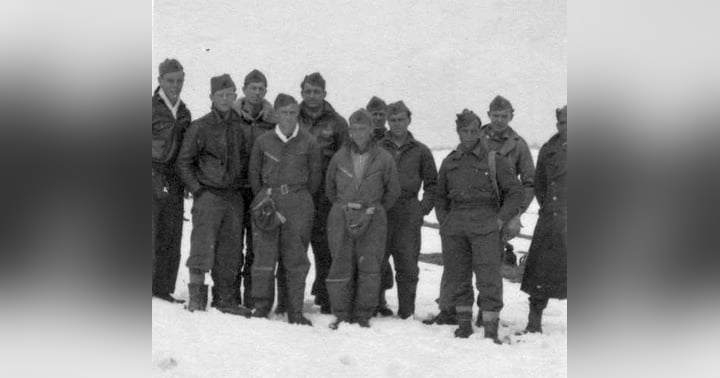The U.S. Coast Guard: A History of Service and Rescue

The U.S. Coast Guard is a branch of the United States Armed Forces that is responsible for maritime law enforcement, search and rescue operations, and national defense. It is the oldest continuous seagoing service in the United States, with a history dating back to 1790.
Originally called the Revenue Marine, the Coast Guard was established by Alexander Hamilton to enforce federal tariff and trade laws and prevent smuggling. In its early years, the Revenue Marine was relatively small and focused primarily on coastal patrols. However, it played a critical role in the Quasi-War with France, during which it captured numerous French vessels.
In 1915, the Revenue Marine was renamed the Coast Guard and was given the responsibility of enforcing Prohibition laws. During Prohibition, the Coast Guard played a key role in intercepting smugglers and enforcing the ban on alcohol.
During World War II, the Coast Guard played a critical role in the Allied victory, with key contributions to amphibious landings in North Africa, Italy, and Normandy. It also played a crucial role in the Pacific theater, conducting search and rescue operations and helping to protect Allied shipping from German U-boats.
In the decades since World War II, the Coast Guard has continued to serve as a critical component of America's maritime security. It has played a key role in protecting the United States from terrorism, conducting search and rescue operations, and enforcing environmental regulations.
Today, the Coast Guard is a highly trained and capable organization that is responsible for a wide range of maritime activities, from search and rescue to drug interdiction to protecting the marine environment. Its motto, Semper Paratus (Always Ready), reflects its ongoing commitment to serving and protecting the United States and its interests at sea.


